AgFunderNews recently had the chance to attend the Forbes Reinventing America: The AgTech Summit in Salinas, CA from July 8-9. The summit brought together two of the most influential valleys in the world: Salinas and Silicon. It was a chance to hear about the latest agriculture technologies, brainstorm about the future, and, perhaps most importantly, offer an opportunity for Silicon Valley and Salinas to mix.
Here were six takeaways for the future of AgTech:
1. AgTech is Here to Stay
One theme was very clear during the summit: technology has and will become a permanent part of agriculture and the two sectors will continue to mix and mingle well into the future. The only question now is how quickly farmers across the production scale will start implementing precision agriculture and other technologies into their operations. And, on a related note, how quickly companies will move to continuously improve their products so that the products provide reliable solutions for farmers.
When it comes to helping farmers meet the ever-growing demand for food, participants noted that there isn’t one silver bullet that will accomplish this. Rather, a host of technologies will have an important role to play in the race to feed the future global population.
2. Farmers Want One Easy Solution
There are countless precision agriculture technologies available on the market that can monitor and collect data on nearly every aspect of a farming operation. What farmers are calling for now is a way to integrate these technologies into one easy-to-use platform that can be accessed (ideally) through one app or software program. Although many farmers are welcoming the era of farming-by-iPad, a number of them are finding it cumbersome to sift through the tens–or even hundreds–of apps that are starting to litter their screens. This will require data standards and more open access to information, and the industry will want to get this right.
3. Data Needs to Be Actionable
The mountains of data that we are now able to collect from a single farm is staggering. Using advanced algorithms and state-of-the-art software platforms, farmers can manipulate this data to provide any number of results or outputs. For some, however, digesting the data and using it to make important real-time decisions about crop management can be a challenge. For companies attempting to deliver agronomic or business management insight, the focus should be on creating products that provide farmers with data that is timely, actionable, and readily-accessible, thereby allowing better decision making support on the farm.
4. Effective AgTech Provides Solutions to Real Problems
The race to come up with the next big innovation in agtech is a hot one. According to some farmers, however, companies often come up with a product or service in a vacuum without exploring whether the product or service serves a direct need. A number of farmers would like to see more attention being paid to the problems and hurdles that they actually experience on a daily basis around the farm. Events like the Forbes Summit will help farmers and Silicon Valley experts build stronger lines of communication, which will in turn foster more useful innovations for agriculture professionals.
After a company has come up with a product or service that directly addresses a realistic on-the-farm issue, the next step should involve a healthy focus on communicating the value that the product or service offers and the solution-based advantages that farmers can gain from adopting it. ROI must be included in the discussion. Currently, many of the agtech startups are failing to understand the business of farming, and thereby failing on the marketing front. (Perhaps take some ideas from enterprise sales.)
5. Investors Should Consider Longer Time Horizons
For many investors, seeing a return on their investment is a major priority. With tech startups like Facebook, Uber, and Snapchat turning major profits on a short timeline, it’s not surprising that many investors hold the same time-based expectations for other sectors, including agtech. Farming is a practice that requires patience when it comes to waiting for the crops to grow, and the agriculture sector has some fundamentals (such as number of planting cycles / year) that may require more patient capital. Investors seeking a 5 year return on their investment may have to stretch that number a bit farther in order to allow an agtech product or service to reach its full potential.
6. Farmers Want to Pass Down Data to the Next Generation
Big data is helping farmers make better decisions about what happens on their acreage. And it’s even more valuable over time, providing key insights for future farming generations’ success. Developing ways to store, catalogue, and easily analyze the ever-growing mountain of ag data harvested every day will be a major, yet essential, project to tackle.
Have news or tips? Email [email protected].





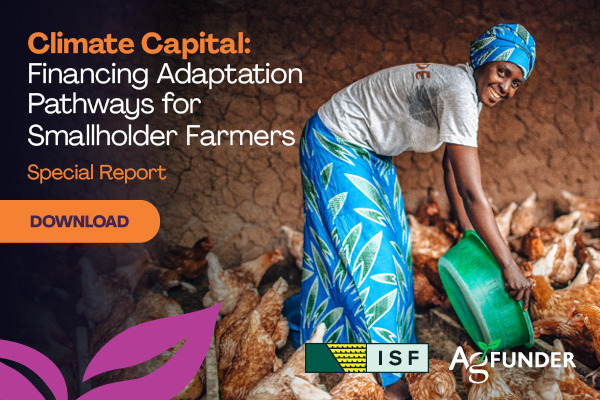
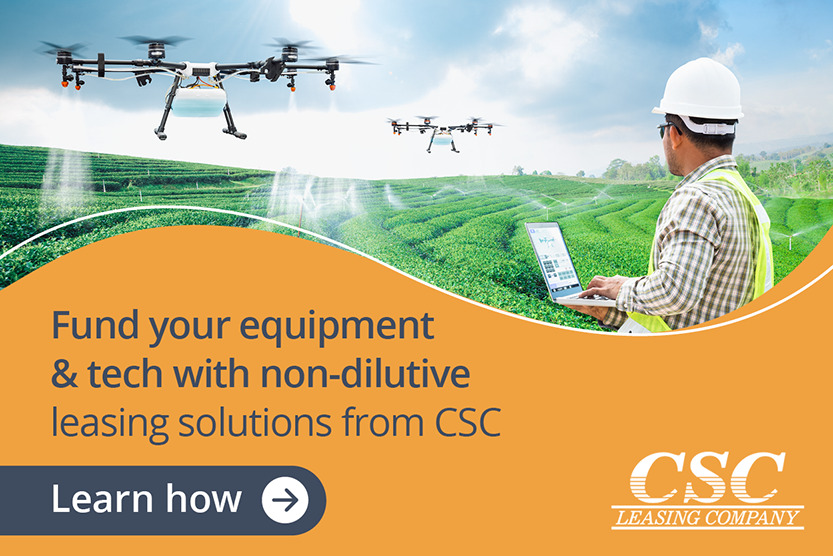


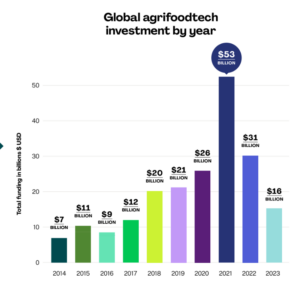
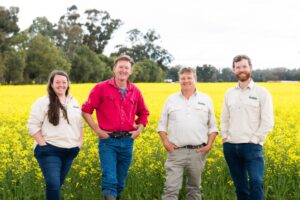


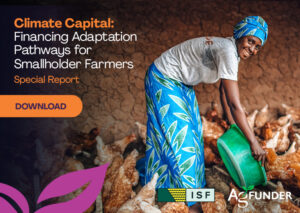

Sponsored
International Fresh Produce Association launches year 3 of its produce accelerator